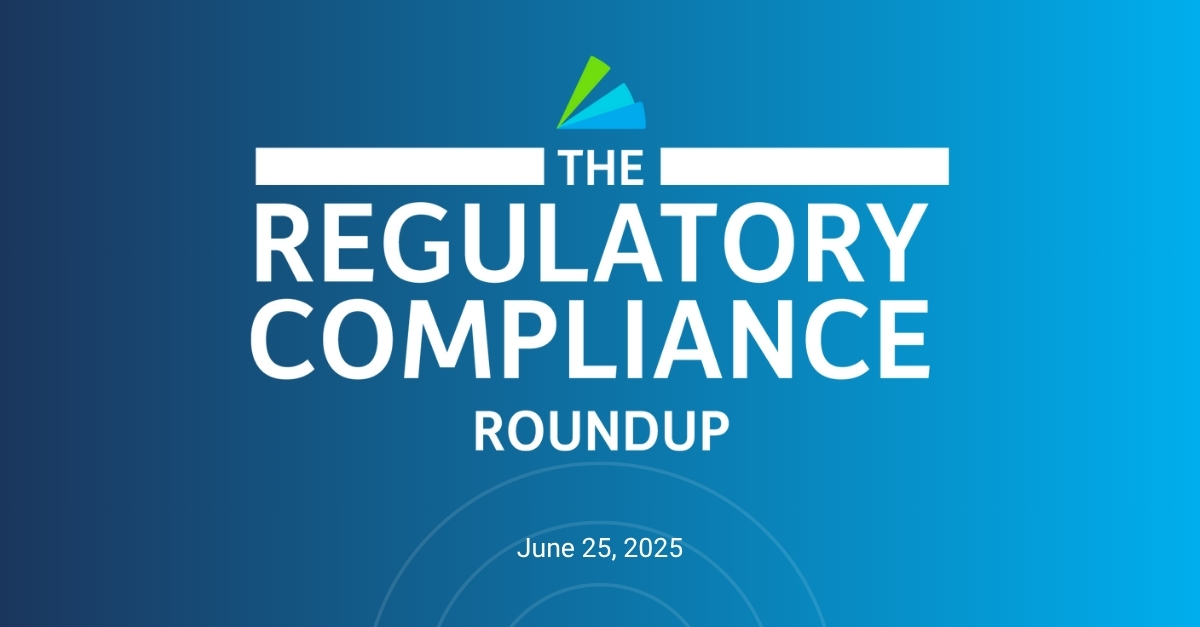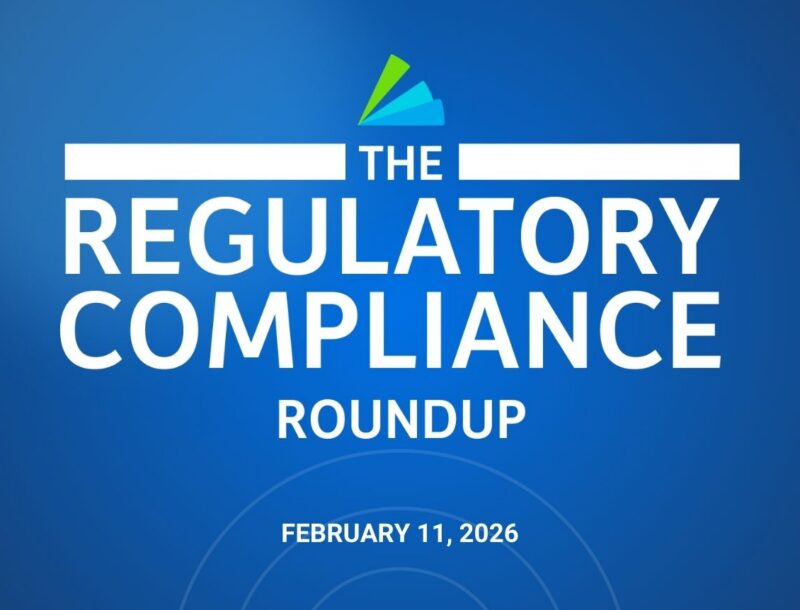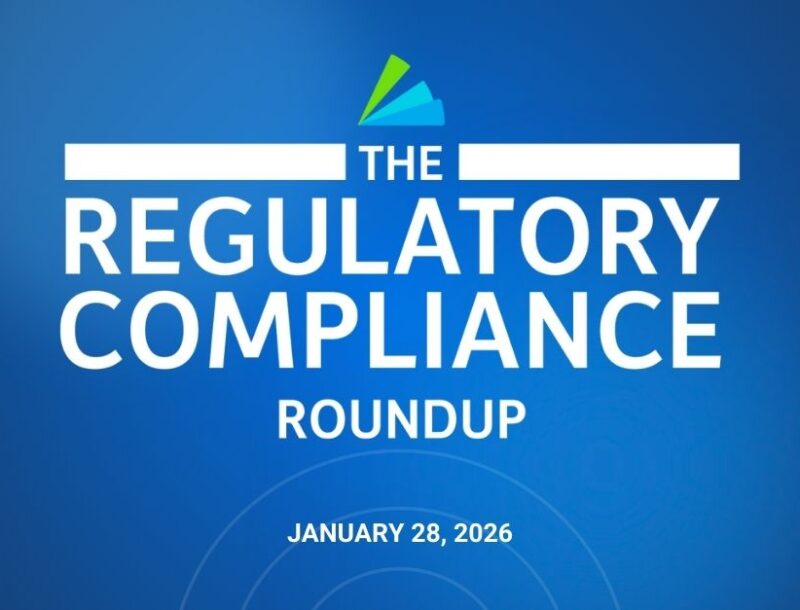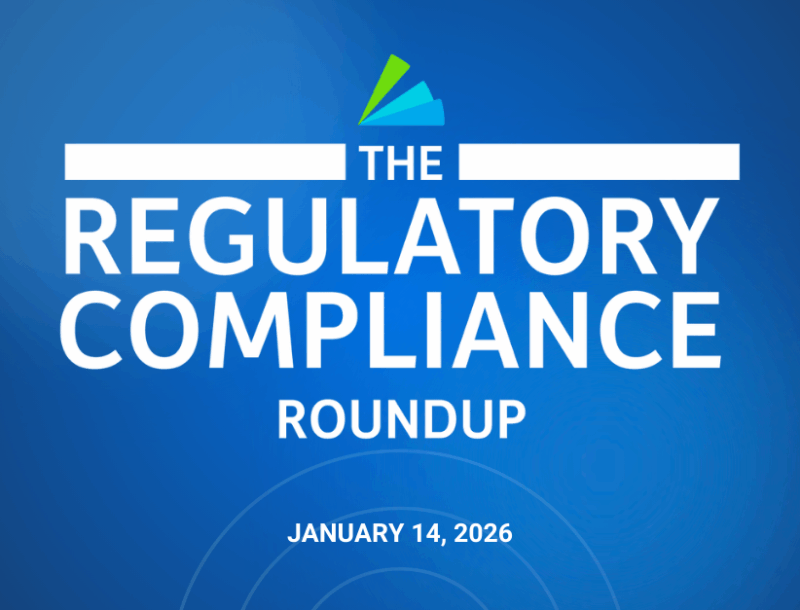The Roundup: Fed Outlines Ambitious Agenda, Rise of Influencer Marketing Class Actions, and Uncovering the “Why” Behind Consumer Complaints

Welcome to the PerformLine Regulatory Compliance Roundup, home of the latest news, articles, and reports from our industry, curated for you. Let’s get into it.
In this edition: Federal Reserve lays out ambitious agenda to overhaul and ease bank oversight, the rise of class actions in influencer marketing, FTC takes action against payment processor for unfair practices and facilitating deceptive tech-support schemes, ouse Financial Services Committee approves ‘trigger leads’ bill, compliance collaboration and ROI with Mercury’s Director of Compliance, and uncover the “why” behind consumer complaints.
Do you want to be the first to know when the Regulatory Roundup is released? Subscribe to never miss an email and follow us on LinkedIn for even more updates on marketing compliance.
Federal Reserve Lays Out Ambitious Agenda to Overhaul and Ease Bank Oversight
The Federal Reserve Vice Chair for Supervision Michelle Bowman has announced plans to overhaul U.S. bank regulations, aiming to reduce burdensome rules and improve oversight efficiency. Her agenda includes revising the leverage ratio, making supervisory ratings more objective, tailoring rules for smaller banks, and increasing transparency in stress tests.
The Rise of Class Actions in Influencer Marketing
Class action lawsuits targeting influencer marketing are on the rise, alleging that brands and influencers failed to clearly disclose paid endorsements, leading consumers to make purchases under false impressions. With damages potentially reaching hundreds of millions, these suits and increased scrutiny from the National Advertising Division (NAD) underscore the need for brands to tighten influencer agreements, enforce clear FTC-compliant disclosures, and actively monitor influencer conduct to reduce legal risks.
Significant Stat: 69%: For banks that received formal enforcement actions, only 69% remained open and independent five years after the action date. Read more
FTC Takes Action Against Payment Processor for Unfair Practices and Facilitating Deceptive Tech-Support Schemes
A U.K.-based payment processor has agreed to pay $5 million and is permanently banned from handling payments for tech-support telemarketers, resolving FTC allegations that it enabled deceptive foreign operations to exploit the U.S. credit card system. The company allegedly facilitated scams using fake virus alerts and pop-ups, charged consumers without clear consent, and helped overseas actors evade detection. The settlement includes strict new compliance requirements and supports consumer redress for related tech-support fraud.
House Financial Services Committee Approves ‘Trigger Leads’ Bill
The House Financial Services Committee unanimously approved a bill to restrict the use of “trigger leads” in the mortgage industry, aiming to protect homebuyers from unsolicited offers and deceptive marketing. The legislation would amend the Fair Credit Reporting Act to limit when credit bureaus can share a consumer’s mortgage inquiry, allowing opt-in consent and preserving preexisting lender relationships. Broadly supported by regulators and trade groups, the bill now awaits Senate action and follows similar laws already enacted in several states.
Compliance Collaboration and ROI with Mercury’s Director of Compliance
In this COMPLY Podcast episode, Harsha Raghunath, Director of Compliance at Mercury, discusses how embedding compliance from day one supports innovation, product development, and operational speed without becoming a barrier. He explains how Mercury treats compliance as an internal service, leverages tools like AI and regtech to streamline processes, and fosters cross-functional partnerships to integrate compliance into product life cycles. Harsha also shares career insights, emphasizes the strategic value of compliance in building trust, and highlights industry efforts like CFES to standardize fintech compliance frameworks.
Uncover the “Why” Behind Consumer Complaints
PerformLine has introduced new complaint detection rule categories to its rulebook library, designed to help organizations quickly identify not just the presence of customer complaints, but the specific reasons behind them, such as billing issues, delays, or misleading marketing. Built from real customer language and tested across 2,000 interactions, these rules enhance accuracy, reduce false positives, and allow teams to take targeted action to improve customer satisfaction and reduce compliance risk.


